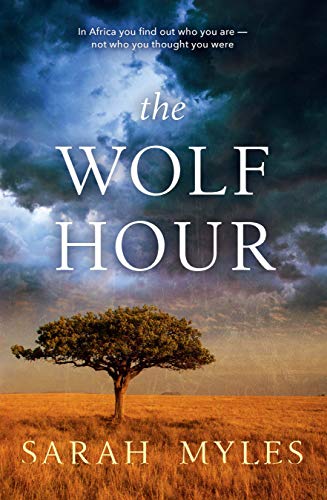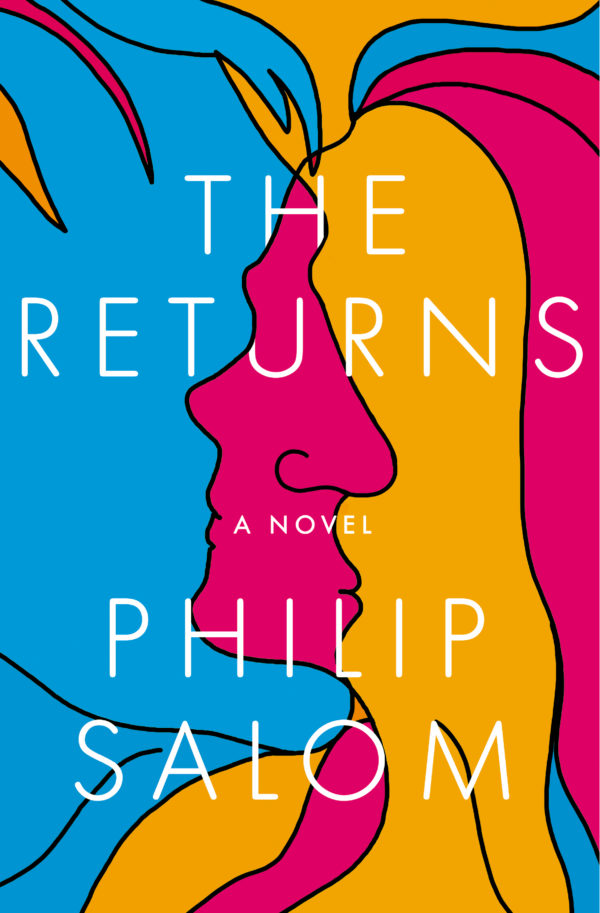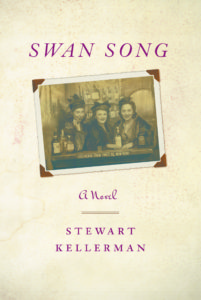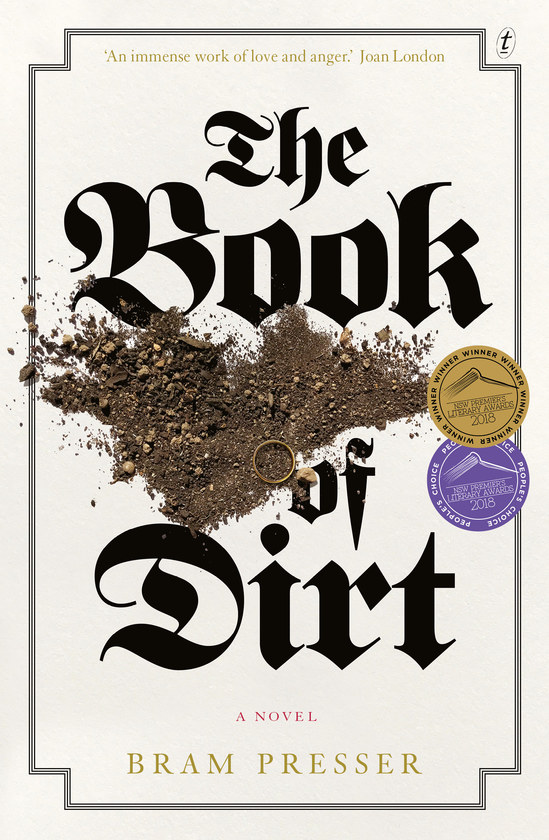 In this interview with give-away, author C R Richards drops by to talk about her new book Creed of the Guardian, her characters, some of her writing secrets, her feelings about language, her favourite Halloween books and movies, and more. Also you can win a big swag pack, so read to the end!
In this interview with give-away, author C R Richards drops by to talk about her new book Creed of the Guardian, her characters, some of her writing secrets, her feelings about language, her favourite Halloween books and movies, and more. Also you can win a big swag pack, so read to the end!
Category: Literary Fiction Reviews
A review of The Wolf Hour by Sarah Myles
 Myles builds the story in alternating chapters that explore the parents growing awareness of their adult childrens’ activities, as well as Stephen’s perspective – one that highlights the privileged upbringing that Tessa and Stephen had, but also opens a range of questions about the interconnectedness of the events that unfold.
Myles builds the story in alternating chapters that explore the parents growing awareness of their adult childrens’ activities, as well as Stephen’s perspective – one that highlights the privileged upbringing that Tessa and Stephen had, but also opens a range of questions about the interconnectedness of the events that unfold.
A review of Union Square by Adrian Koesters
 This book is reminiscent of the style of the film noir with sordid storylines, tragic antiheroes, and cynical characters but without the crime and murder element yet coloured by violence and abuse. This makes Union Square a fascinating book with its array of believable characters, their dramas and hopes.
This book is reminiscent of the style of the film noir with sordid storylines, tragic antiheroes, and cynical characters but without the crime and murder element yet coloured by violence and abuse. This makes Union Square a fascinating book with its array of believable characters, their dramas and hopes.
A review of The Returns by Philip Salom
 The streets of Melbourne are vividly alive in this work, and nowhere more so than in its description of the natural world around the city, from Royal Park where Trevor walks Gordon to the steel carriages tram, the graffitied buildings or the flora and fauna that is everywhere in flashes of beauty.
The streets of Melbourne are vividly alive in this work, and nowhere more so than in its description of the natural world around the city, from Royal Park where Trevor walks Gordon to the steel carriages tram, the graffitied buildings or the flora and fauna that is everywhere in flashes of beauty.
A review of Stars of Alabama by Sean Dietrich
 While the plot and the characters are engaging and profoundly well done, the writing itself is a star attraction in Stars of Alabama. Sean Dietrich can turn a phrase like nobody’s business, and his words sing with sharp images and telling details.
While the plot and the characters are engaging and profoundly well done, the writing itself is a star attraction in Stars of Alabama. Sean Dietrich can turn a phrase like nobody’s business, and his words sing with sharp images and telling details.
A review of Swan Song by Stewart Kellerman
 The heartwarming story of the three women friends is a unifying thread in the novel. They met as children living on Livonia Avenue in Brooklyn, and became inseparable. Kitty, “the brave one”, introduced the other two to Chinese food, and pursued her love of dance into a career at Radio City Music Hall.
The heartwarming story of the three women friends is a unifying thread in the novel. They met as children living on Livonia Avenue in Brooklyn, and became inseparable. Kitty, “the brave one”, introduced the other two to Chinese food, and pursued her love of dance into a career at Radio City Music Hall.
A review of We Will Tell You Otherwise by Beth Mayer
 All the story titles involve some form of the verb, “to tell”, because the collection as a whole is about the things people tell themselves and others. Some characters tell themselves the truth and live authentically; others do not. In “But I Will Tell You Otherwise,” Janie and Cha Cha defy social mores and pressures and think for themselves.
All the story titles involve some form of the verb, “to tell”, because the collection as a whole is about the things people tell themselves and others. Some characters tell themselves the truth and live authentically; others do not. In “But I Will Tell You Otherwise,” Janie and Cha Cha defy social mores and pressures and think for themselves.
A review of Great American Desert by Terese Svoboda
 Svoboda’s characters contend with people who came before them: daughters with fathers, grandchildren with grandfathers, high-schoolers with college drop-outs. There is always someone there to blow the seeds into your face. Someone to obscure the vision. There is always something that manages to be not-there: pollution that is not believed in, menace that can be tied in conversation, meanness in the expectations of filial duty.
Svoboda’s characters contend with people who came before them: daughters with fathers, grandchildren with grandfathers, high-schoolers with college drop-outs. There is always someone there to blow the seeds into your face. Someone to obscure the vision. There is always something that manages to be not-there: pollution that is not believed in, menace that can be tied in conversation, meanness in the expectations of filial duty.
A review of The Book of Dirt by Bram Presser
 So much of what makes the present tense of the novel possible comes down to luck, small acts of kindness, and the often random connections that take place. The book is beautifully written, poetic throughout and very moving. There is a lyrical richness and cadence which creates immediacy.
So much of what makes the present tense of the novel possible comes down to luck, small acts of kindness, and the often random connections that take place. The book is beautifully written, poetic throughout and very moving. There is a lyrical richness and cadence which creates immediacy.
A review of Come the Tide by Sam Reese
 Come the Tide is a sun-soaked, water-drenched, variegated collection of thirteen short stories that explores the ambiguous psychic implications of the now-you-see-it/now-you-don’t liminal terrain where dry land meets restless water.
Come the Tide is a sun-soaked, water-drenched, variegated collection of thirteen short stories that explores the ambiguous psychic implications of the now-you-see-it/now-you-don’t liminal terrain where dry land meets restless water.